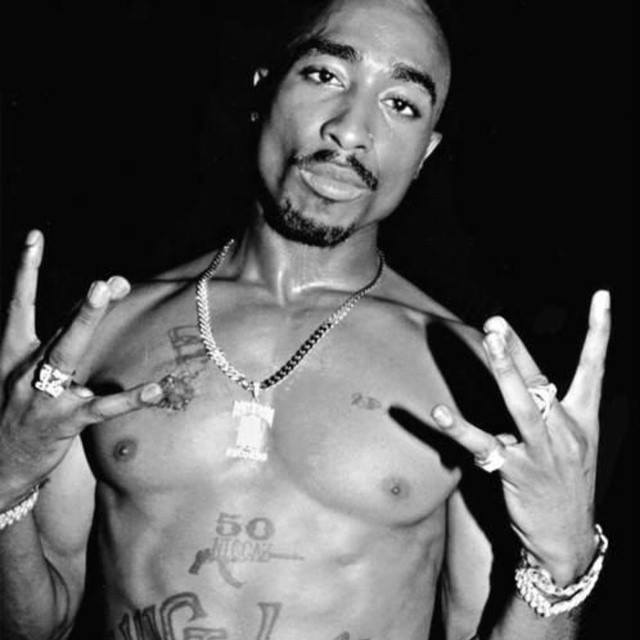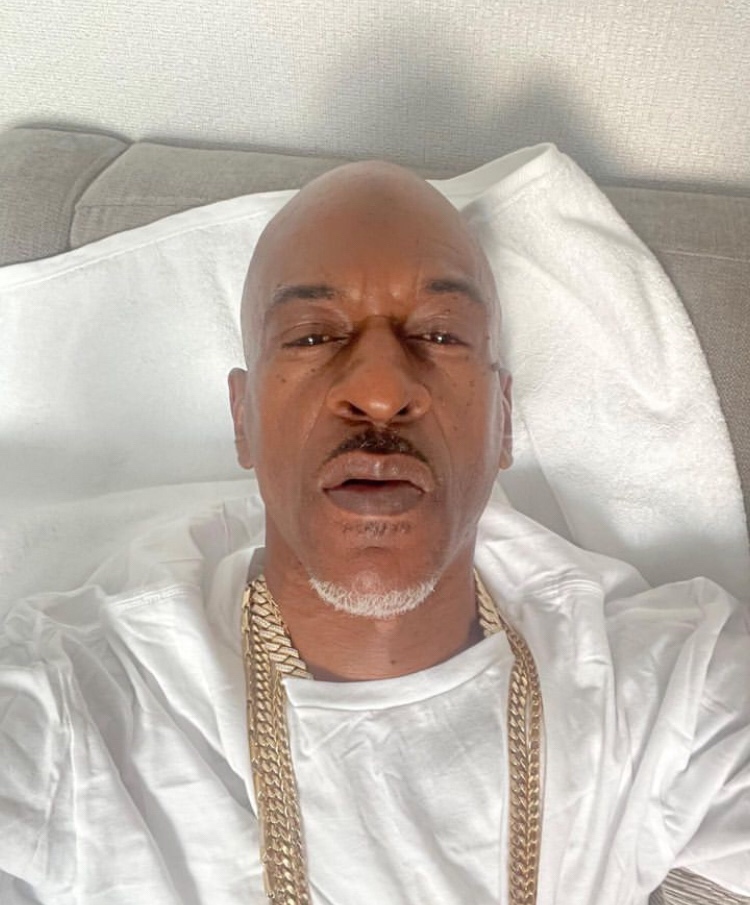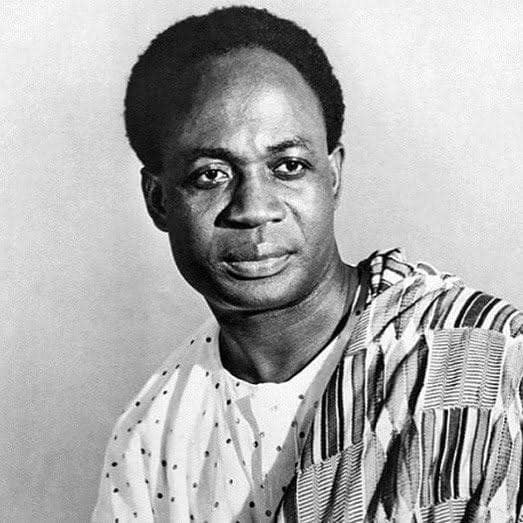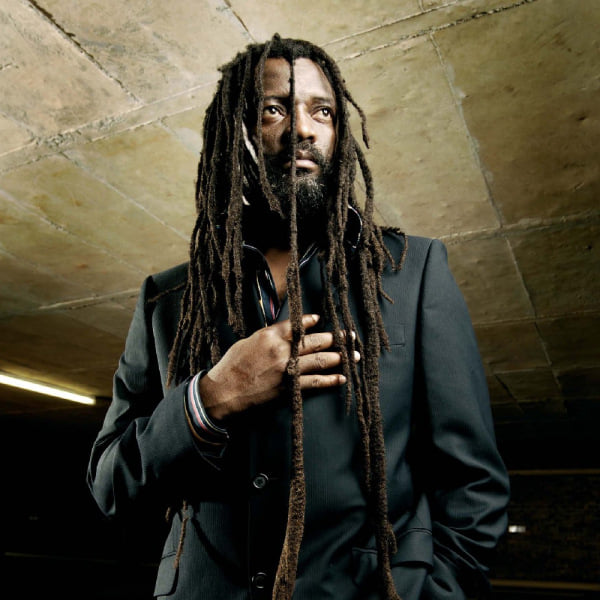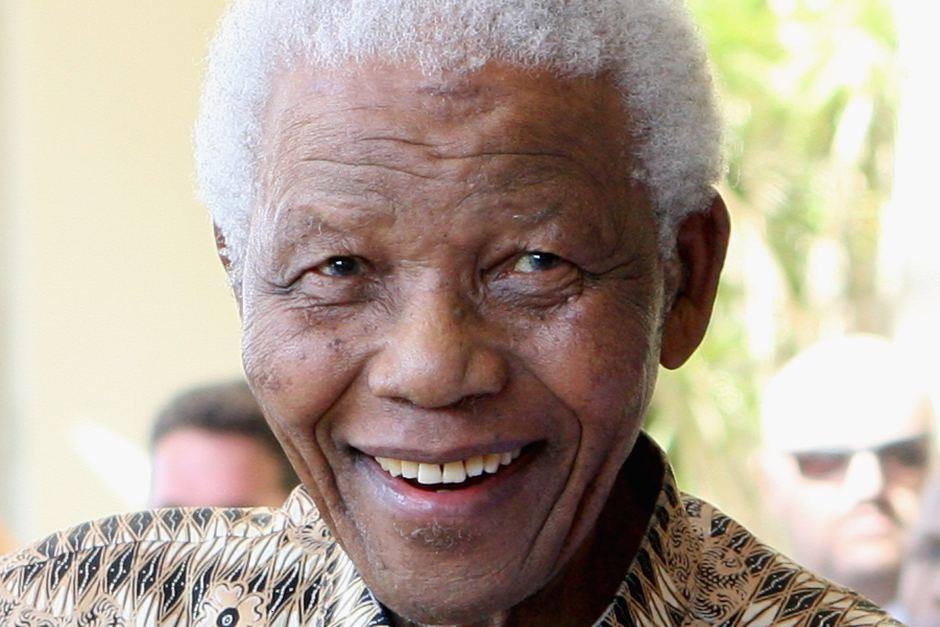
Nelson Mandela Biography

Nelson Mandela (1918-2013) was a South African anti-apartheid revolutionary, politician, and philanthropist who served as the President of South Africa from 1994 to 1999. He is widely regarded as one of the most influential and inspirational figures of the 20th century.
Nelson Rolihlahla Mandela was born on July 18, 1918, in Mvezo, a village in the Eastern Cape of South Africa. He belonged to the Xhosa ethnic group, one of the country’s largest ethnic groups. Mandela’s father was a local chief, and Mandela himself was destined to inherit the position.
After the death of his father, Mandela was adopted by the regent of the Thembu people, Chief Jongintaba Dalindyebo. He received a quality education and attended the University of Fort Hare and later the University of Witwatersrand, where he studied law.
Mandela became involved in politics during his time at university and joined the African National Congress (ANC), a political organization that fought against racial discrimination and apartheid, the system of institutionalized racial segregation in South Africa. He played a prominent role in the ANC’s youth league and became one of its leaders.

As apartheid became increasingly oppressive, Mandela and other ANC leaders decided to take more direct action. In 1961, he co-founded Umkhonto we Sizwe (Spear of the Nation), the armed wing of the ANC, and led a campaign of sabotage against government targets. However, Mandela’s activities were deemed illegal, and he was arrested in 1962.
In 1964, Mandela was sentenced to life imprisonment for sabotage and conspiracy to overthrow the government. He spent the next 27 years of his life in prison, most of it on Robben Island, a notorious prison where political prisoners were held. Despite his incarceration, Mandela continued to be a symbol of resistance against apartheid, and his popularity grew both nationally and internationally.
In the late 1980s, pressure mounted on the South African government to release Mandela and end apartheid. Amid internal and external pressures, the government finally began negotiations with Mandela and other ANC leaders. In 1990, after 27 years behind bars, Mandela was released from prison, marking a pivotal moment in South Africa’s history.
Following his release, Mandela played a crucial role in the negotiations that led to the end of apartheid and the establishment of a democratic South Africa. He was awarded the Nobel Peace Prize in 1993, jointly with then-South African President F.W. de Klerk, for their efforts in dismantling apartheid peacefully.
READ ALO: 15 Interesting Wildlife Sanctuaries In Africa
In 1994, South Africa held its first non-racial democratic elections, and Mandela became the country’s first black president. He served as the President of South Africa from 1994 to 1999, focusing on reconciliation and healing the wounds of apartheid. Mandela’s presidency was marked by his commitment to human rights, social justice, and the promotion of racial harmony.

After leaving office, Mandela dedicated his time to various philanthropic causes, including the fight against HIV/AIDS and the establishment of the Nelson Mandela Foundation. He remained an influential figure in global politics and continued to advocate for peace and equality until his death on December 5, 2013.
Nelson Mandela’s life and legacy have left an indelible mark on the world. He is revered for his resilience, leadership, and unwavering commitment to justice and equality. His values and teachings continue to inspire generations, making him a symbol of hope and freedom worldwide.


